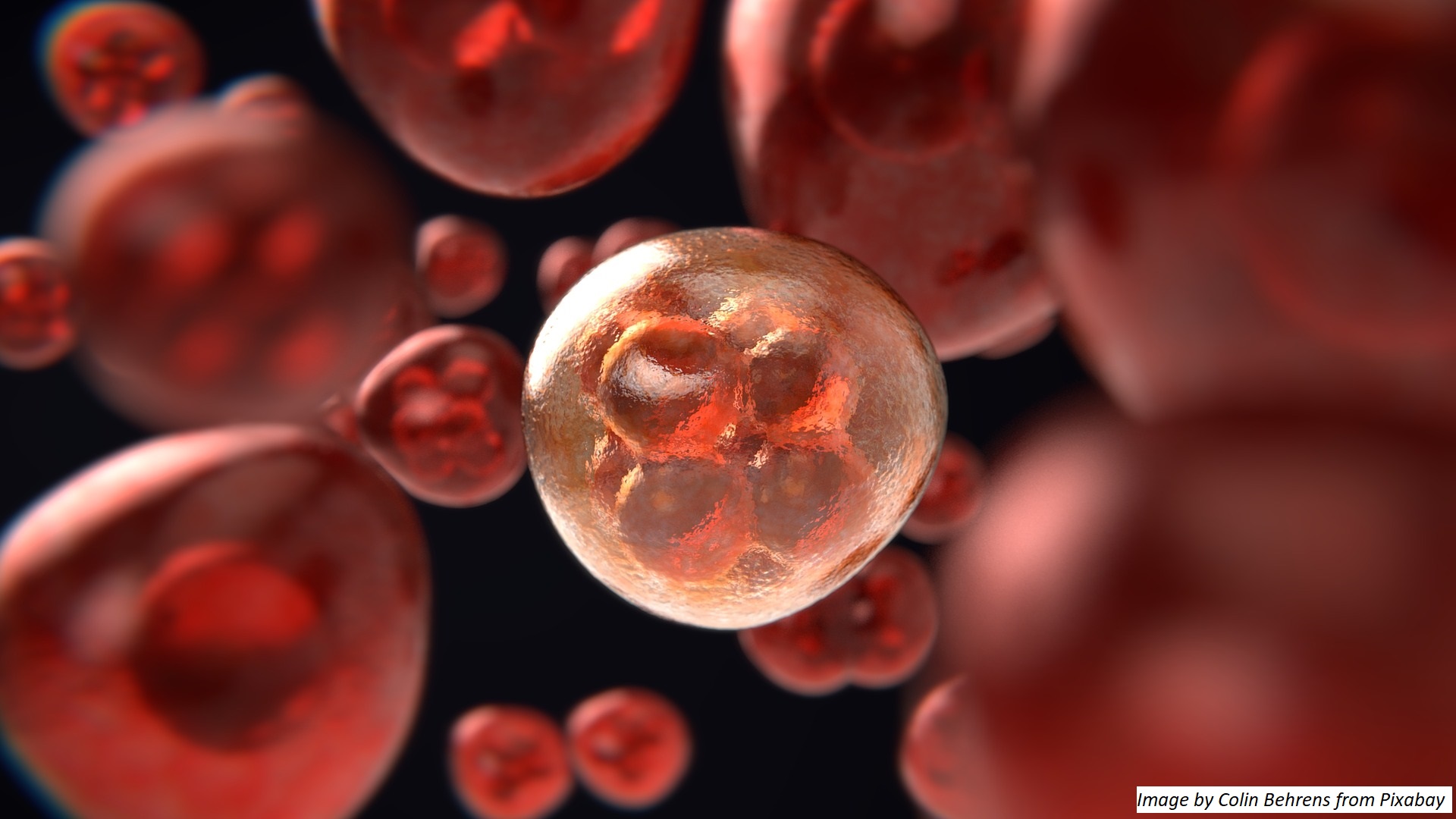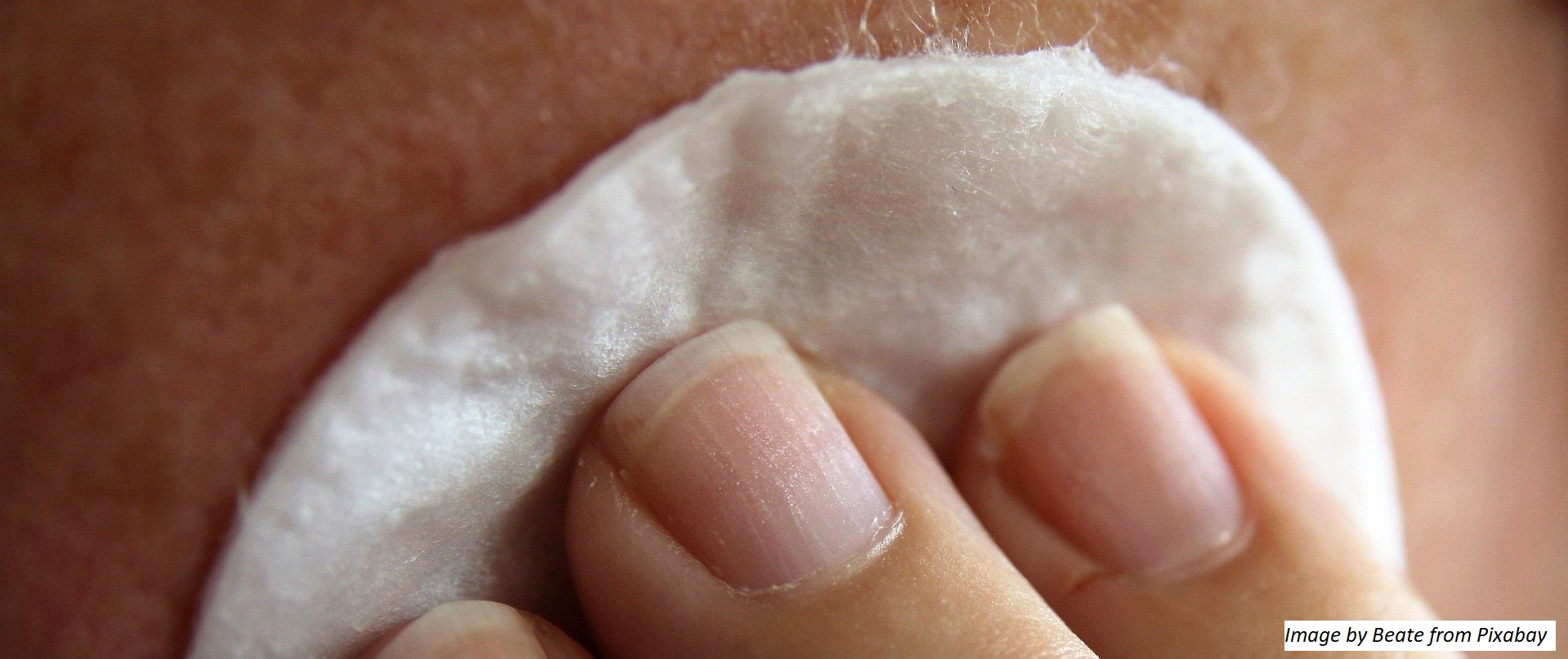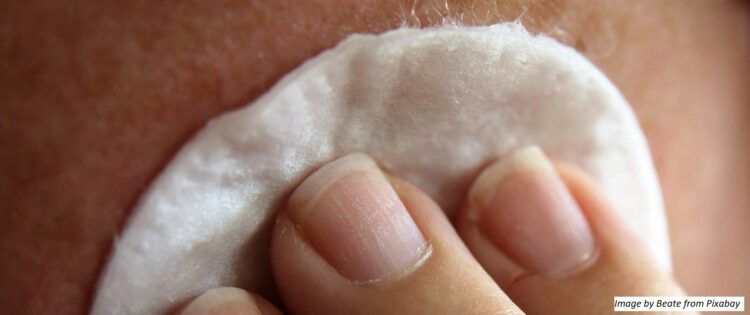Numerous factors can contribute to acne, a prevalent skin ailment. But, what really causes acne to form sometimes been neglected. These elements consist of:
Hormonal changes

Increased oil production in the skin can be brought on by hormonal changes in the body, such as those that take place during puberty, pregnancy, or menopause. Acne and blocked pores may result from this.
Causes acne to form – Genetics
Genetics might make some people more prone to developing acne. You are more likely to get acne if one of your parents did.
Bacteria
Propionibacterium acnes and other acne-causing bacteria can flourish in the pore’s oily environment. Inflammation brought on by the bacteria might result in pimples.
Causes acne to form – Excess oil production

To lubricate and protect the skin, the sebaceous glands in the skin secrete oil (sebum). Acne can result from these glands producing too much oil, which can block the pores.
Dead skin cells
Dead skin cells can accumulate in the pores and form a clog that can hold germs and oil. Whiteheads and blackheads may develop as a result.
Certain medications
Acne can be a side effect of several drugs, including corticosteroids, lithium, and androgens.
Cosmetics
Some hair and cosmetic products can block pores and cause acne.
Environmental factors
Acne can get worse if exposed to certain environmental variables like pollution or excessive humidity.
Stress

By boosting the body’s production of oil and inflammation, stress can lead to acne.
Causes acne to form – Diet
Acne has been found to be associated with a diet heavy in sugar, processed carbs, and dairy products.
It’s crucial to keep in mind that not every person will be affected by all of these variables, and that often a mix of factors produces acne. It’s also important to note that there are other varieties of acne, including comedonal acne, which includes whiteheads and blackheads, inflammatory acne, which includes papules and pustules, and cystic acne (deep, painful lumps under the skin). Each form of acne has a unique cause and responds differently to therapy.
Finally, acne is a complicated skin disorder that may be brought on by a number of things, such as hormonal fluctuations, heredity, bacteria, excessive oil production, dead skin cells, certain drugs, cosmetics, environmental variables, stress, and food. Finding the ideal treatment strategy might be aided by being aware of the reasons of your acne. The best course of action if you have acne is to see a dermatologist, who can assist you in determining the reasons and developing a treatment regimen tailored to your requirements.




